About Franklin Women
Franklin Women is Australia’s only professional community dedicated to supporting women working in diverse disciplines, career levels and organisations across the health and medical research ecosystem.
Our vision is for a health and medical research sector where women thrive.
We hope to achieve this by:
supporting workplaces that employ women with creating more diverse and inclusive environments.
To do all this, we are going about things a bit differently. Unlike many organisations in the health and medical research space, Franklin Women is not a charity or not-for-profit. We are a for-profit social enterprise. This means we aim to derive income from business activities to bring about some social good – investing in our members!
We believe that keeping women in health and medical research related careers is something worth investing in. We hope you will get a lot out of being a part of Franklin Women but also feel good about supporting the cause.
We live by our guiding values of being innovative, influential, inclusive, and inspiring!
Our team
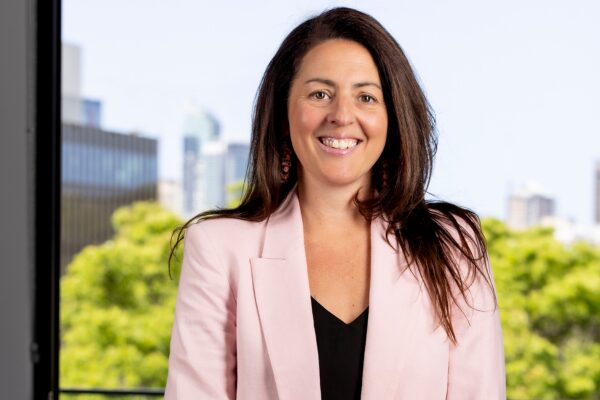
Dr Melina Georgousakis
Founder and Director
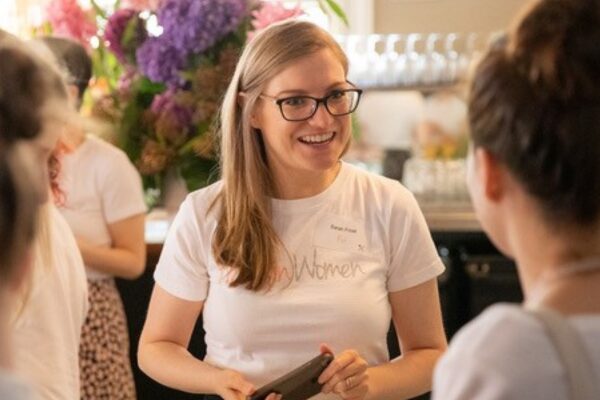
Dr Sarah Frost
Events and Initiatives Lead
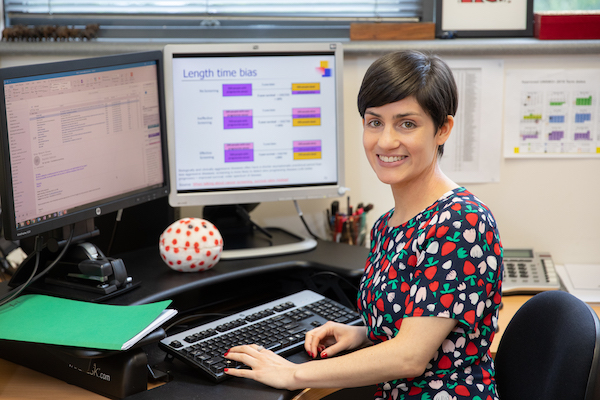
Dr Amy Vassallo
Newsletter Curator
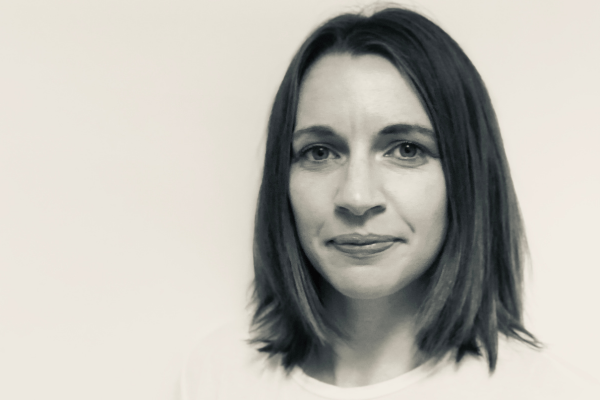
Kay Robinson
Head of Mentoring and Development
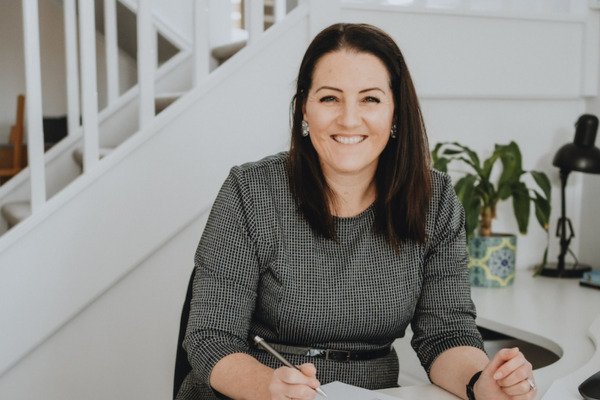
Kristen Vink
Business Support Manager
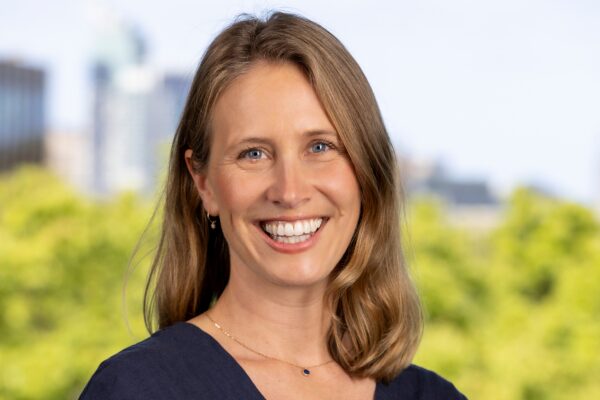
Cara Bevington
Head of Members and Community
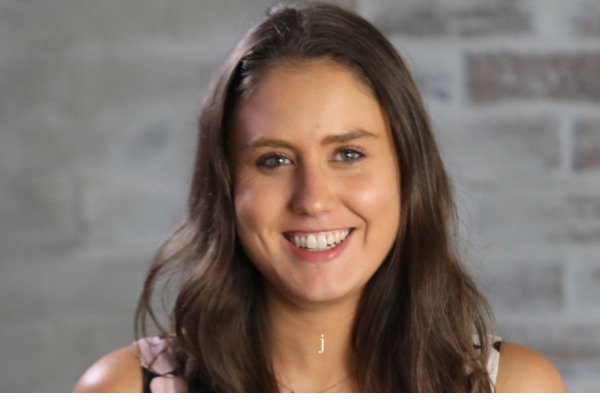
Kristina Roach
Communications and Content Officer
Our governance
Inaugural Advisory Board
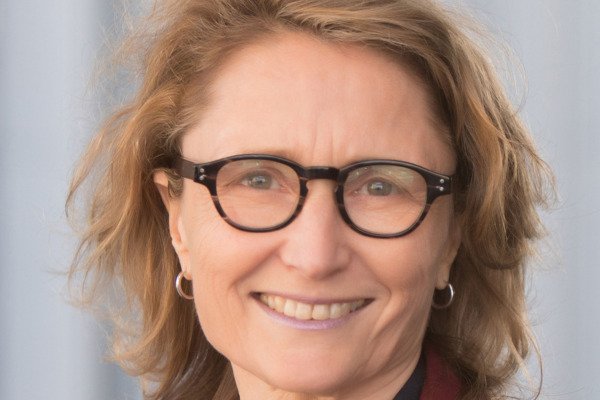
Prof Robyn Norton AO, Chair
Founding Director, The George Institute for Global Health
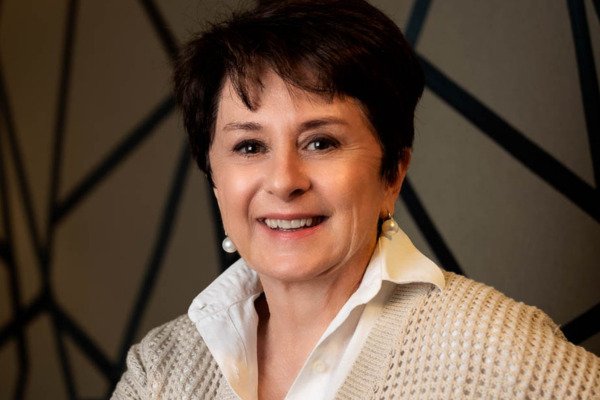
Ms Annette Schmiede
Chief Executive Officer, Digital Health CRC
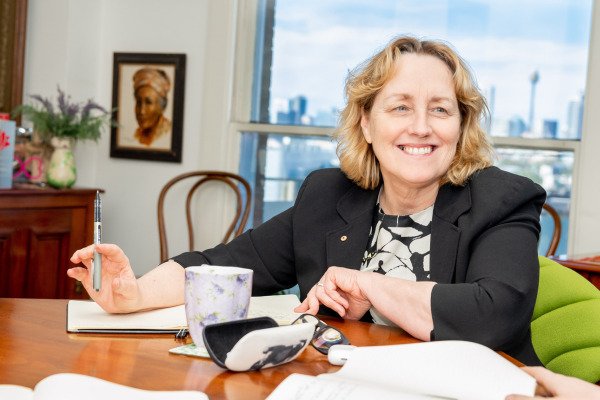
Dr Teresa Anderson AM
Chief Executive, Sydney Local Health District
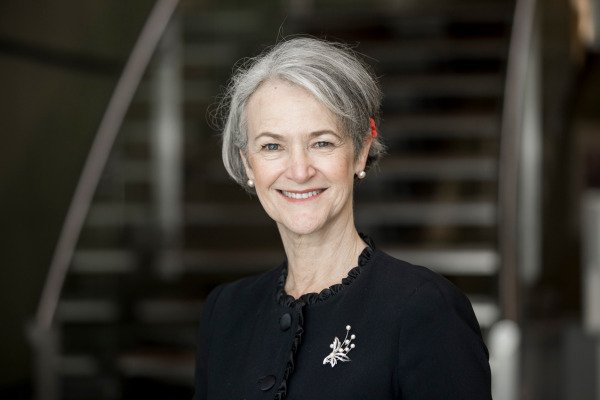
Prof Caroline Homer AO
Deputy Director (Equity, Diversity, and Inclusion), Working Group Head, Burnet Institute
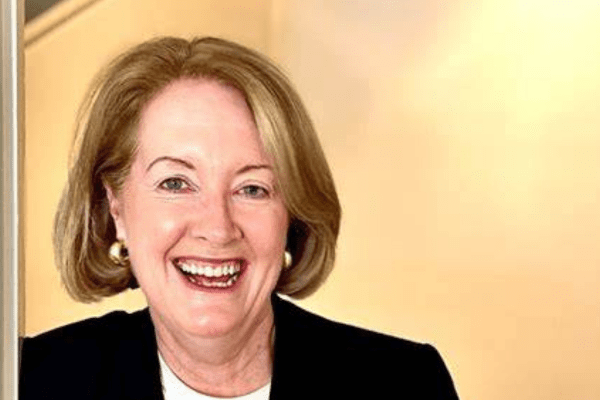
Emeritus Prof Jane Latimer AO
Director of Strategy and Engagement, Elizabeth Broderick & Co
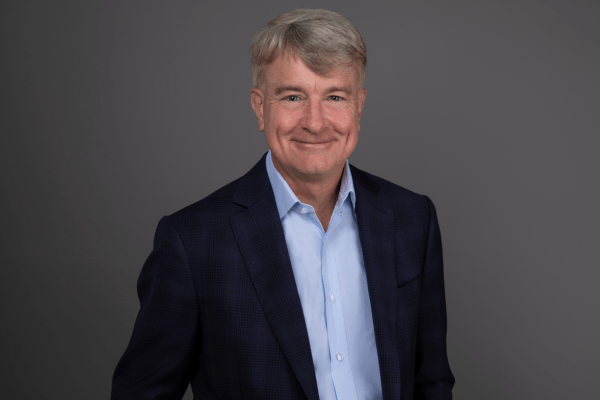
Graham Putt
Non-Executive Director/Consultant
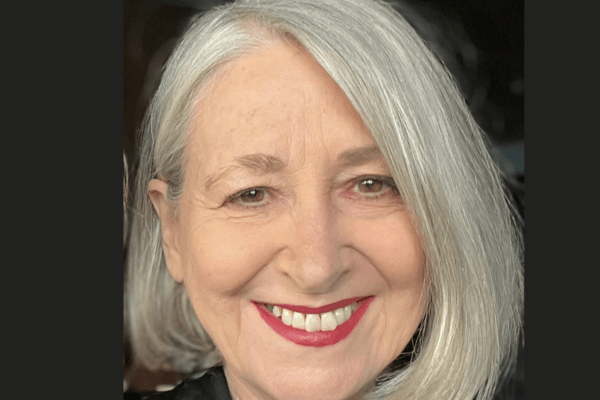
Ms Kerry Doyle PSM, OAM
Chief Executive Officer, Australian Cardiovascular Alliance
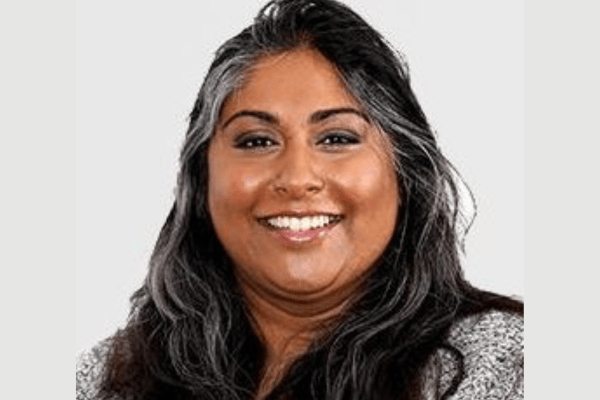
Marisa Ghafoor
Chief Financial Officer & Director of Strategy, Telstra Health
NSW Peer Advisory Group
Harriet Swearman, Senior Product Manager, Franklin AI
A/Prof Anita Heywood, Associate Professor, School of Population Health, University of New South Wales Medicine and Health
Prof Devanshi Seth, Principal Scientist and Group Head (Alcoholic Liver Disease Research Program), RPA Hospital, University of Sydney / Centenary Institute
Dr Kimberly Norman, Research Fellow, Monash University
A/Prof Chloe Taylor, Associate Professor, Sport & Exercise Science, Western Sydney University
Dr Farhannah Aly, Radiation Oncologist & PhD Student, University of New South Wales
Dr Amalie Dyda, Senior Lecturer in Epidemiology, University of Queensland
Dr Pia Campagna, Research Fellow, Monash University
Dr Jasjit Baveja, Associate Director Policy, Medical Technology Association of Australia
Prof Angela Webster, NHMRC Leadership Fellow, Professor of Clinical Epidemiology, Director of Evidence Integration, University of Sydney
Sarah Loomes, Associate Director, Clinical Site Partner at Gilead Sciences
Simran Kaur, Senior Research Officer, Murdoch Children’s Research Institute
Dr Hossai Gul, Lecturer and Head of Implementation Lab, University of Technology Sydney
Dr Emily Mould, Head of Business Development. Children’s Cancer Institute
Nan Herlihen, Head of People & Culture, Dymocks Group
ACT Peer Advisory Group
Dr Janie Busby Grant, Senior Lecturer, Faculty of Health, University of Canberra
Dr Ramila Varendran, Geriatrician & Staff Specialist, Canberra Health Services
Dr Teresa Bonello, Senior Research Fellow, John Curtin School of Medical Research, Australian National University
Dr Megan Downie, Associate Director, Government Affairs, Gilead Sciences
Prof Girija Chetty Professor, Faculty of Science & Technology, University of Canberra
Isobel Oon, PhD Candidate, University of Canberra
Dr Fiona Wilkes, Academic Registrar, Academic Unit of Psychiatry, Advanced Trainee Psychiatry of Old Age, Canberra Health Services, Clinical Associate Lecturer, Australian National University Medical School
Dr Maria Kozlovskaia, Research Support Coordinator, Research Institute for Sport & Exercise, University of Canberra
Dr Patricia Carreira, Quarantine Facility Manager, Australian National University
Our why
There are several professional networks in Australia for women working in different industries, for example, business, IT and law. Just like in these industries, there are gender disparities across the Australian science sectors, including within the health and medical research sector. Yet, until Franklin Women, there was no independent professional community bringing together women working in this sector.
It is clear that we are losing women from health and medical research related career pathways. In academia, the disparities between genders increase with career progression, with fewer women holding senior scientific academic positions than men. The NHMRC report that women accounted for more than 50% of applicants for early career research fellowships, but only a very small proportion of applicants for their more senior fellowships (between 2013 and 2017). Even worse, it appears that we are not only losing many scientifically-trained women (and some men!) from academia, but from the health sciences sector altogether. This seems to be because of a perceived lack of skills and/or opportunities to transition into non-academic careers. We are effectively losing all of their scientific know-how and passion, often after an investment of 8 or more years of tertiary education.
The current grant-based funding system, as well as cultural barriers within the field, have contributed to these disparities. But this space seems to be changing – hooray! Many peak bodies in Australia have gender equity on the agenda and conversations around the need for employing people who are skilled in health sciences in non-academic roles are finally happening. Here are a few key reports and initiatives in the Women in STEMM space:
- NHMRC’s Gender Equality Strategy 2018-2021
- Australian Academy of Science’s Women in STEM Decadal Plan – of which Franklin Women are proud Champions (read our commitments here)!
- Australian Government’s Advancing Women in STEM Strategy
- Science in Australia Gender Equity (SAGE) accreditation framework for the Australian higher education and research sector
- The Office of the Women in STEM Ambassador
- Science & Technology Australia’s Superstars of STEM
- And now a number of grass roots initiatives like ours who are committed to creating a diverse and inclusive science ecosystem in Australia
As a grassroots social enterprise, Franklin Women hopes to contribute to these efforts while supporting, inspiring, and promoting women who are currently working in health and medical research related careers.
What’s in a name?
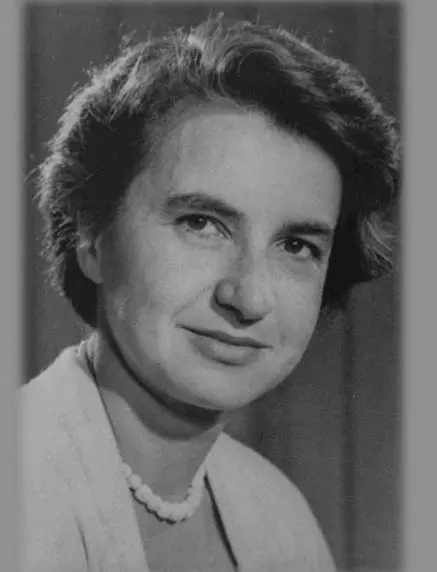

Rosalind Franklin inspired our name.
You may know of her work, or you may not. If you have time to read about her story do, as it is fascinating both with respect to the science and also to see what it was like as a woman doing science in the early 1900s.
A brief run down…
Rosalind graduated from Cambridge in 1945 with a doctorate in physical chemistry. After a short stint in Paris where she learnt the technique of X-ray crystallography, she joined a research group at King’s College in London.
During her short career (Rosalind died from ovarian cancer at the young age of 38), she researched the structure of many biologics including the tobacco mosaic and polio viruses. However, the research she is most well known for is that of the structure of DNA.
By using X-ray diffraction, Rosalind captured an image of DNA (famously referred to as ‘Photo 51’) that led to the discovery of its double-helix structure. Without her knowledge, this photo was shown to her colleagues James Watson and Francis Crick at Cambridge University who correctly interpreted this finding and published it in the journal Nature in 1953. While Rosalind also published in that issue, it was not the primary publication. Watson, Crick and another researcher, Wilkins, received the Nobel Prize in Physiology or Medicine for this work in 1962. The Nobel Prize is not awarded posthumously so Rosalind’s contribution was not acknowledged. Some say it would not have been even if she was alive, but we will never know!
What we do know is that her legacy as a pioneering health and medical researcher and as a strong, intelligent and resilient woman is definitely recognised today.
If you want to read her story there are numerous books. One we enjoyed is Rosalind Franklin: The Dark Lady of DNA by Brenda Maddox.
The four publications in Nature and one in The Journal of Experimental Medicine describing the evidence that underpinned the discovery of the structure of DNA are available online.
Happy reading!
